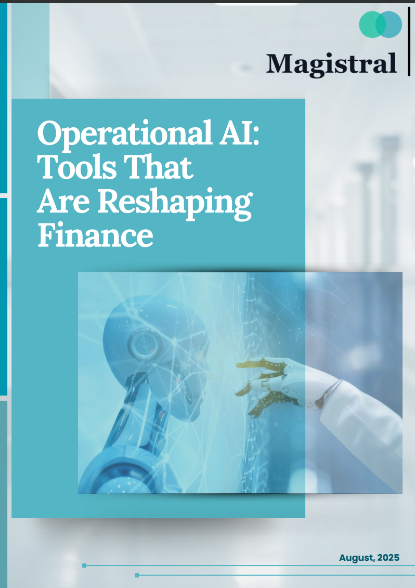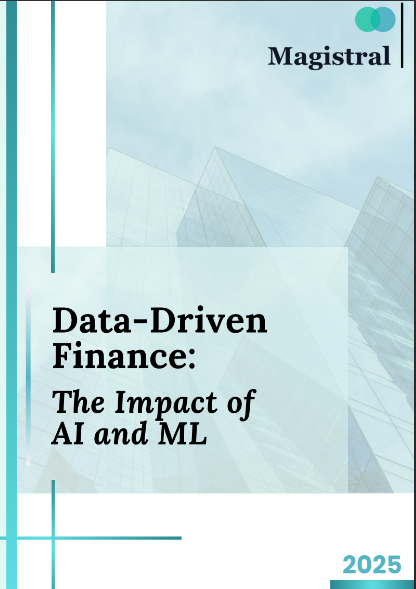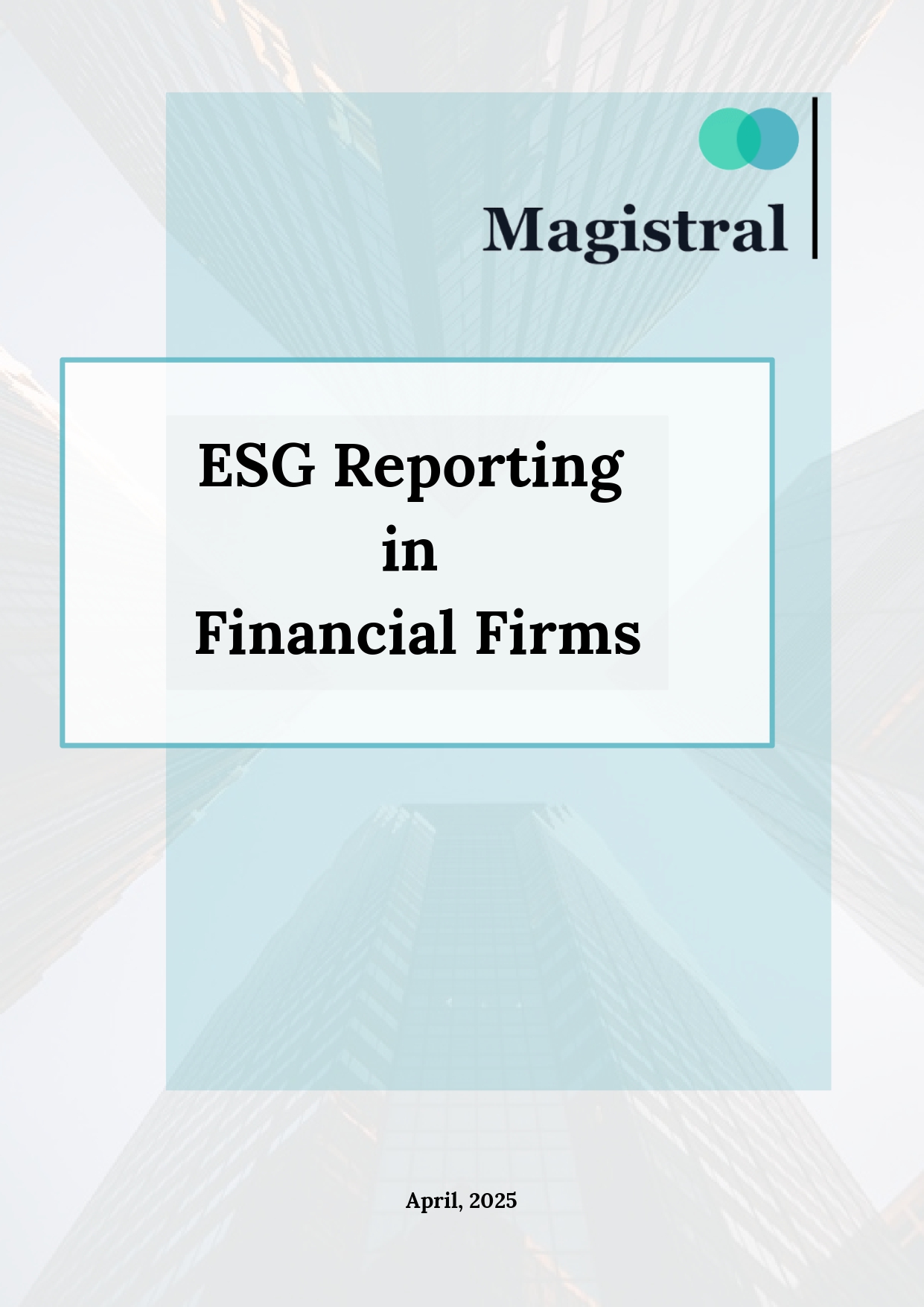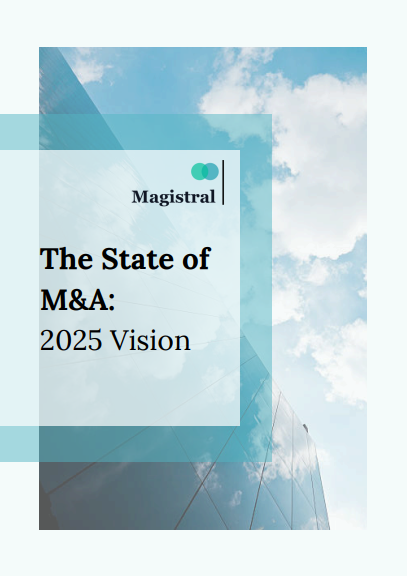
Rise of Private Credit:
From Niche to Mainstream
Private credit is redefining the landscape of global finance, evolving from a niche lending strategy into a mainstream pillar of institutional portfolios. As investors seek flexibility, yield, and stability in a changing market, private credit has become a cornerstone of modern capital allocation. Read our latest report to explore how private credit is shaping the future of alternative investments in 2025.
Download White Paper
LP allocations Outlook:
Trends Reshaping Global Flows
LP allocations are shifting from U.S. buyouts to a more diversified model, with private credit, infrastructure, and co-investments becoming the new anchors of stability. As side letters grow in importance and regional focus sharpens across North America, Europe, and APAC, GPs must adapt fundraising strategies to emphasize yield, liquidity, and transparency.
Download White Paper
Competing Smarter: Fund
Operations Transformed
Fund operations have moved beyond routine administration to become a true competitive advantage. With investors demanding greater transparency and efficiency, the adoption of AI, automation, outsourcing, investor portals, and tokenization is reshaping the landscape. Operational excellence is no longer about compliance—it is a growth strategy. Read our latest report to explore the key trends and strategies defining the future of fund management.
Download White Paper
Operational AI:Tools That Are
Reshaping Finance
This report is designed to help leaders make sense of this fast-evolving landscape. It offers a concise, sector-specific breakdown of the most impactful AI tools used today—across investment banking, asset management, hedge funds, venture capital, and retail finance. Through use cases, statistics, and insights, readers will understand what tools are working, where they’re being adopted, and what measurable results they’re delivering.
Download White Paper
Data-Driven Finance:
The Impact of AI and ML
in Financial Services
By 2024, adoption rates and investments in AI/ML reached unprecedented levels, with nearly 88% of institutions deploying these technologies in production and another 8% piloting or planning adoption. The financial sector’s spending on AI is set to surpass $58 billion in 2025 and is projected to more than double to $126 billion by 2028.
Download White Paper
Safe Notes Unvieled:
Market Trends &
Strategic
Insights
SAFEs have quickly become the go-to funding tool, surpassing convertible notes in popularity due to their simplicity and flexibility. They offer startups a risk-free way to raise capital without the pressure of debt-like features such as interest or maturity dates. With valuation caps and discount rates, SAFEs strike a balance between rewarding early investors and protecting founders from early misvaluations. As usage continues to dominate pre-seed and seed stages, particularly in high-growth sectors like tech and biotech, it’s crucial for startups to focus on clear milestones and negotiate favorable terms. Investors should look for clear conversion pathways and leverage market downturns to secure attractive caps and discounts.
Download White Paper
ESG Reporting
in
Financial
Firms
The growing importance of ESG in the financial sector reflects broader societal and economic trends. ESG considerations are no longer secondary; they have become a critical component of financial decision- making and risk assessment. As a result, financial firms are increasingly required to disclose their ESG practices in a transparent, consistent, and accountable manner. By embracing these practices, financial institutions can not only mitigate risks but also attract ESG-conscious investors, enhance their reputation, and contribute to long-term financial stability. This shift is driven by evolving investor priorities, stricter regulatory demands, and a global focus on sustainability.
Download White Paper
The State of
M&A:
2025 Vision
Building on the momentum of a transformative year, the 2025 M&A landscape is poised for renewed activity, driven by stabilizing economic conditions and a clearer regulatory framework. Dealmakers, having navigated geopolitical volatility and shifting fiscal policies, are now focusing on strategic adaptability and innovation.
Download White Paper
Valuation Paradigms:
A
Methodological
Exploration
The report offers a detailed exploration of valuation methodologies,
market trends,
and funding dynamics in the U.S. venture capital landscape as of 2024. It begins
by examining key valuation methods, including scorecard, checklist, and DCF
approaches, providing insights into how VCs assess early-stage startups. The
discussion emphasizes the importance of qualitative factors like team expertise
and market potential, especially for startups with limited financial metrics.
Readers will find an analysis of market dynamics, including the effects of market
corrections, the growing reliance on venture debt, and the impact of SAFE notes
on funding practices.

VC valuation in the US -
A Critical Evaluation
especially through investments in high-growth startups. By adhering to IPEV and IFRS guidelines, firms can ensure fair valuations and enhance transparency, while the Limited Partnership Agreement clarifies governance among fund participants. Moving forward, disciplined investment practices and strategic insights will be essential for driving technological innovation and sustainable economic growth. The report highlights that in 2025, venture capital firms that proactively embrace new technologies will distinguish themselves from their more hesitant counterparts, significantly impacting revenue opportunities and risk management.
Download White Paper